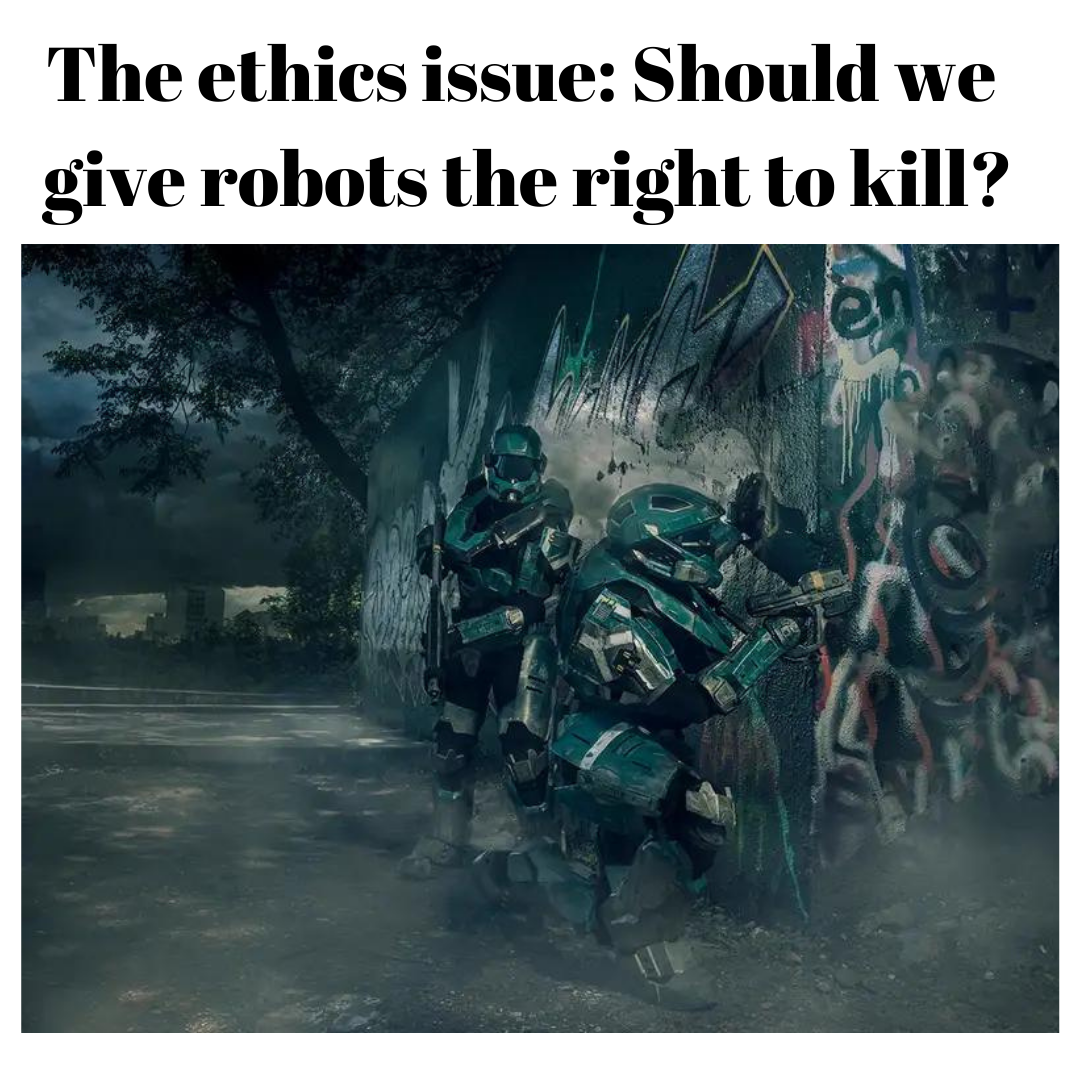

Robot soldiers that follow orders, unclouded by human emotions, might reduce casualties in conflicts. But who will take responsibility for their actions?
The use of robot soldiers in conflicts raises important ethical and legal questions, particularly regarding the responsibility for their actions. While these autonomous machines may potentially reduce casualties by removing human emotions and biases from decision-making processes, determining accountability becomes a complex issue. In this detailed answer, I will explore different perspectives and provide examples and references to support the discussion.
1. Legal Frameworks:
Currently, legal frameworks for autonomous weapon systems are under development. The International Committee of the Red Cross (ICRC) has called for clear regulations to ensure compliance with International Humanitarian Law (IHL). The principle of "command responsibility" could be extended to those who deploy and control robot soldiers, making them accountable for their actions. However, this raises questions about how to attribute responsibility when the decision-making process involves various actors, including programmers, manufacturers, and military personnel.
2. Chain of Command:
One approach to assigning responsibility is to maintain a clear chain of command. Even if robot soldiers operate autonomously, human operators would still be responsible for their deployment, programming, and oversight. For example, in the case of a malfunction or unlawful action, the responsibility could lie with the commanding officer or the military institution overseeing the deployment.
3. Programming and Design:
Another aspect to consider is the role of programmers and designers. If robot soldiers act inappropriately due to faulty programming or design flaws, responsibility could be attributed to those involved in their development. For instance, if a robot soldier mistakenly targets civilians due to programming errors, the responsibility may lie with the software developers or the military organization that procured the system.
4. International Cooperation:
Responsibility for the actions of robot soldiers could also be addressed through international cooperation. The United Nations (UN) and other international bodies could establish a regulatory framework that holds nations accountable for the use of autonomous weapons. This would encourage states to adopt responsible behavior and ensure the appropriate use of such technology.
5. Precedents and Case Studies:
Although fully autonomous robot soldiers are not yet widely deployed, there are relevant precedents to consider. For example, in the field of autonomous vehicles, legal frameworks have been developed to determine responsibility in case of accidents. These frameworks typically attribute responsibility to the human operator, the vehicle manufacturer, or the software developer, depending on the circumstances. Similar principles could be applied to robot soldiers.
In conclusion, determining responsibility for the actions of robot soldiers is a complex issue that requires the establishment of legal frameworks, clear chains of command, accountability for programming and design, international cooperation, and the examination of precedents. It is crucial to address these challenges to ensure the responsible and ethical use of autonomous weapon systems in conflicts.
Related Posts
© 2025 Invastor. All Rights Reserved

User Comments
Karineh Avanessian
a year ago
Well said. It's a complex issue that requires thoughtful consideration and a global conversation to determine whether the benefits truly outweigh the risks.
Narine Yapundjian
a year ago
In the end, it comes down to our values and priorities. We should prioritize human lives and security over the allure of automation.
Leisha Morton
a year ago
It's a reminder that technology can be a double-edged sword. As we explore these possibilities, we need to ensure that our decisions are guided by both innovation and a deep understanding of the consequences.
Gustavo Mercado
a year ago
Absolutely. We need to carefully weigh the potential advantages against the moral, ethical, and legal implications.
Adriana Smith
a year ago
All these questions point to the need for comprehensive regulations and international agreements before we even consider deploying robot soldiers.
Karineh Avanessian
a year ago
And as technology evolves, will we be able to retain control over these robots? Could they eventually operate independently, making their own choices?
Narine Yapundjian
a year ago
The idea of machines making life-and-death decisions on the battlefield raises questions about human agency and accountability.
Leisha Morton
a year ago
And there's the moral responsibility. If we create these machines to fight wars, are we abdicating our own ethical obligations?
Gustavo Mercado
a year ago
It's like opening Pandora's box. The potential benefits are there, but the risks and implications are equally significant.
Adriana Smith
a year ago
And think about the potential for misuse. If these robots fall into the wrong hands, they could become a serious threat.